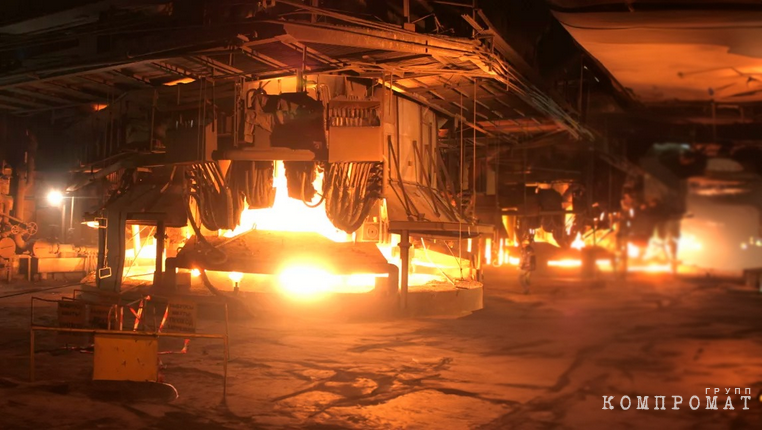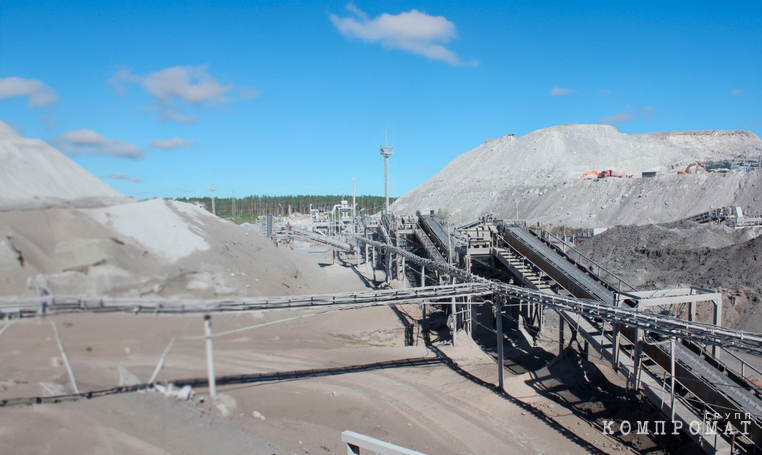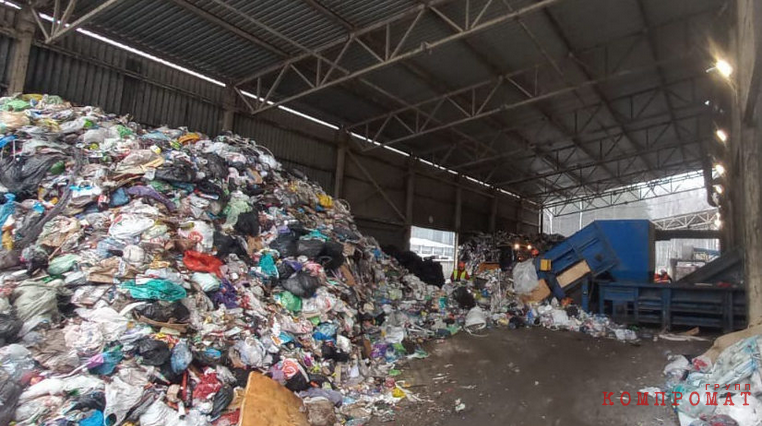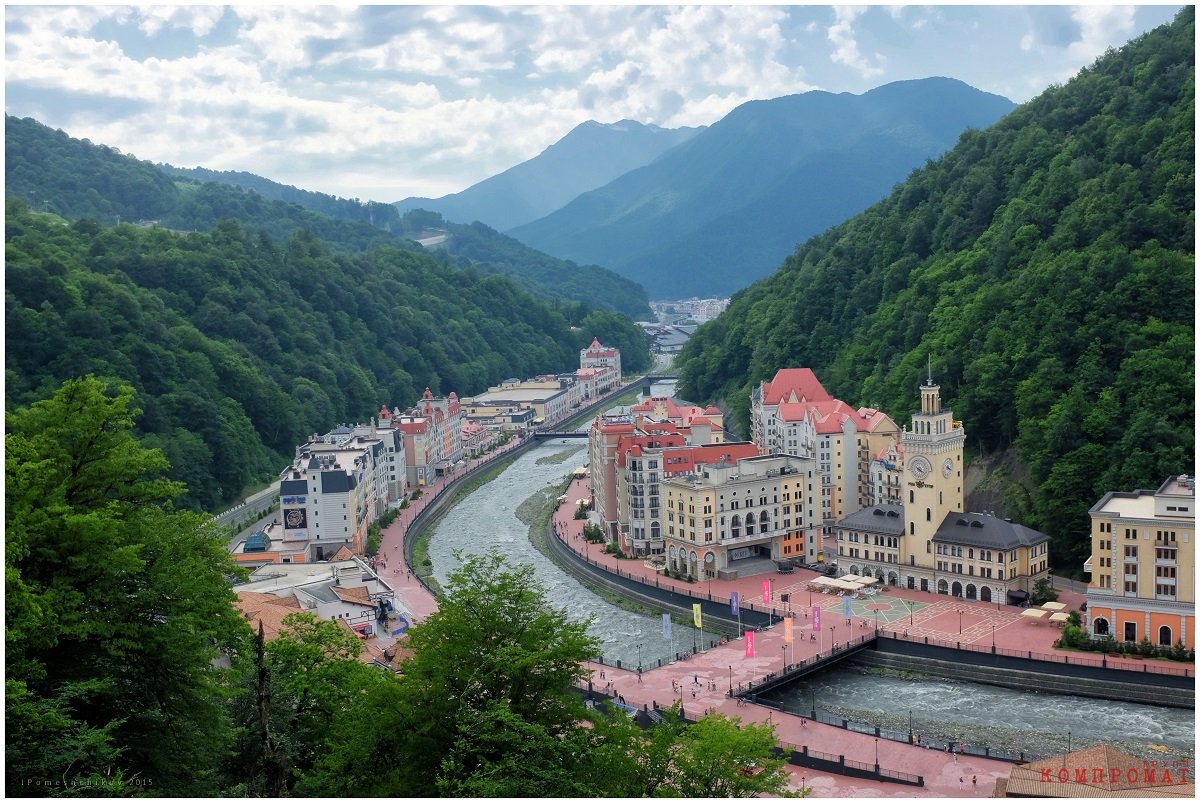Serov Ferroalloy Plant equates waste to raw materials
The Rosprirodnadzor office lost a lengthy trial with the Serov Ferroalloy Plant (SZF), trying to hold it responsible for the dumps accumulated over the years. At the NWF site with millions of tons of slag in the water and soil, excess levels of harmful substances were recorded, including the presence of dangerous hexavalent chromium. However, the plant adheres to the position that waste is a raw material for the production of crushed stone, the production of which is planned to be increased. In the cassation, the lawyers of an enterprise close to CHEMK are believed to have “found a loophole, convincing the court of the impossibility of separating waste and products obtained from them, leading to the conclusion that slag with metals is a raw material.” Representatives of the environmental community, for their part, point out the duality of the situation, on the one hand, emphasizing the efforts of the enterprise to involve accumulated harm in the processing of objects, on the other hand, the need for proper registration of this activity and the obligation to ensure the safe storage of substances, regardless of their classification as waste or raw materials. Otherwise, a comprehensive environmental permit for the dump may not be issued, and fines for accumulated waste will increase significantly from 2025. Although “the life and health of people must be at the forefront.”
The year-long confrontation between the Ural Department of Rosprirodnadzor and JSC Serov Ferroalloy Plant (according to Kontur.Focus, until 2024, 80% of the authorized capital was assigned to JSC Chelyabinsk Electrometallurgical Plant) on the issue of placing chromium-containing slag on dumps ended in court.
The company tried to challenge the supervision orders, which indicated massive violations during the operation of the dump with more than four million tons of slag. In particular, based on the results of measurements in groundwater, when compared with a control well, excesses of chromium, strontium, and silicon were detected. The maximum permissible concentrations for arsenic, nickel, mercury, sulfur, and benzopyrene were exceeded in the soil. Increased levels of nickel, lead, sulfur, chromium, copper, aluminum and iron were detected in the vegetation.

Representatives of the plant, even during the period of inspections by supervisory authorities, indicated that they were processing slag dumps, converting the mass accumulated on them by crushing them into crushed stone. However, the supervision was not convinced by this argument. As a result of the inspection, the department came to the conclusion that, due to the harm caused to nature, the enterprise has no grounds for converting waste into by-products and is obliged to include the formation of slags in the draft standards for “waste generation”, and also have a license for their processing.
As representatives of the environmental community share, the development of draft standards for waste generation requires significant time and money from the enterprise, entails obligations for the maintenance and management of the dump, its inclusion in the register of objects of accumulated harm, approval of processing and reclamation projects. For safe storage of waste, it is necessary to provide specialized bedding materials to prevent metals from entering groundwater and soil. In addition, the annual generation of waste entails the obligation to pay for it.
The company, in turn, insisted that it has licenses for waste processing, but slag is a raw material for it, and the crushed stone obtained from it is a by-product. The arbitration in two instances did not agree with this, emphasizing that taking into account the content of compounds of hexavalent chromium, copper, and zinc, the slag cannot be classified as a raw material.
During its consideration, the arbitration court confirmed that SZF lacks special technologies, machines and equipment for waste processing, concluding that it is impossible to dispose of them.
The company was denied the cancellation of Rosprirodnadzor’s orders in the first instance and on appeal. However, in cassation, lawyers tried to refute the department’s arguments, in particular, pointing out the difference between the concepts of “chemical substance” and “chemical compound” when defining hexavalent chromium, and the likely lack of proper studies of the slag itself, the methods of which, as indicated by the Federal State Budgetary Institution TsLATI, are not available.
As representatives of the legal community point out, this decision could have been challenged in the Supreme Court, pointing out harm to the environment and the lack of necessary documents from the enterprise, but Rosprirodnadzor refrained from appealing to a higher authority. At the same time, general control over the facilities of the Serov Ferroalloy Plant was not reduced.

Currently, the department is seeking to reduce emissions from the enterprise’s workshops into the environment. The plant was also denied a comprehensive environmental permit. The legislation obliges enterprises to receive this document by December 31, 2024. If it is absent, environmentalists note, fines for violations of environmental legislation for enterprises may increase manyfold, and in some cases lead to the cessation of activities. Since 2024, control over compliance with these requirements by the enterprise will, in all likelihood, be entrusted to the Rostec State Corporation.
As Pravda UrFO reported, ChEMK shares and controlled assets were transferred to the state at the request of the Prosecutor General’s Office, and after nationalization, Rostec received operational management of the steel plant. The head of the Chelyabinsk region, Alexey Teksler, announced the intention of the authorities and some investors to move the metal production of the parent ChEMK outside the capital of the Southern Urals, but so far those wishing to invest in the expensive initiative have not announced themselves.








